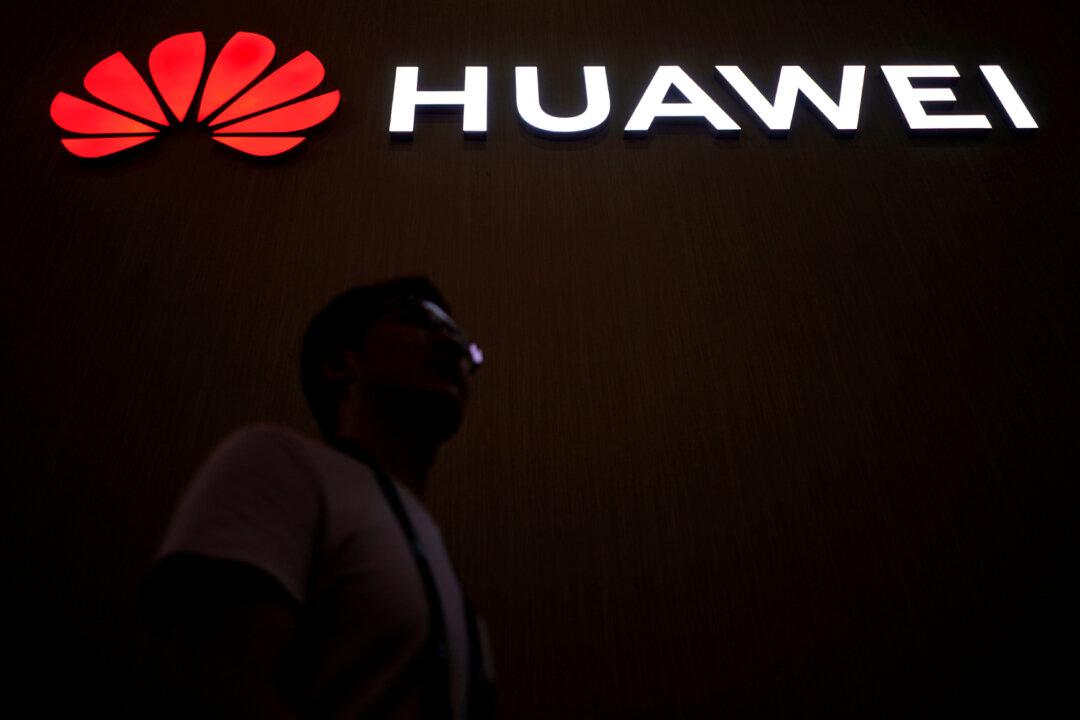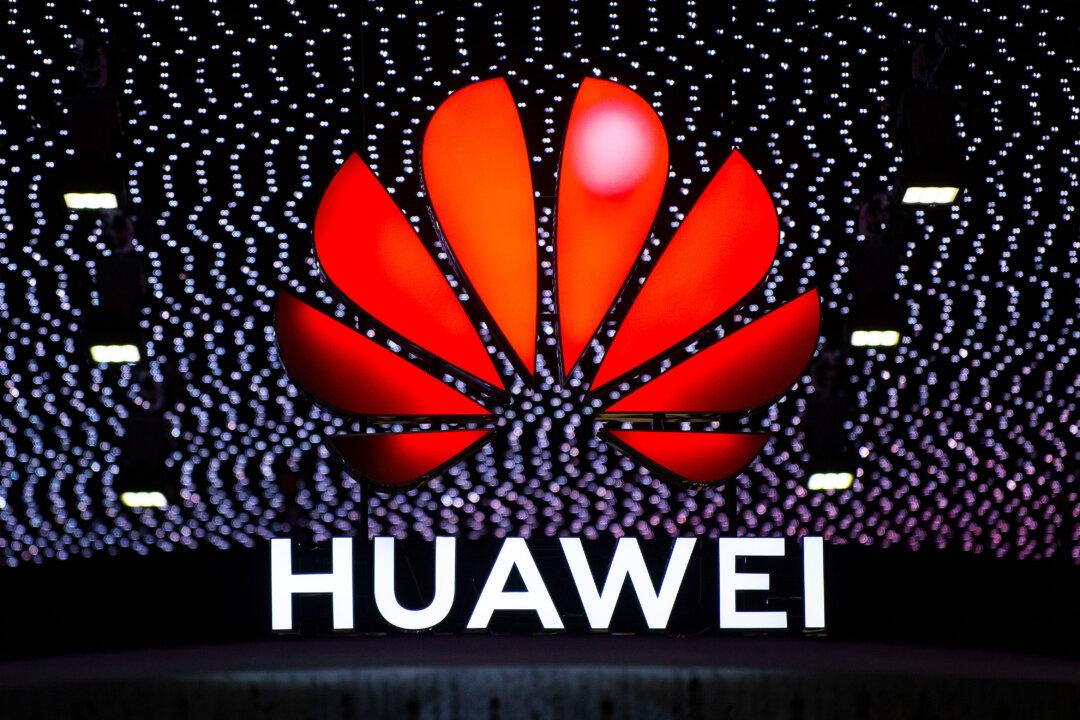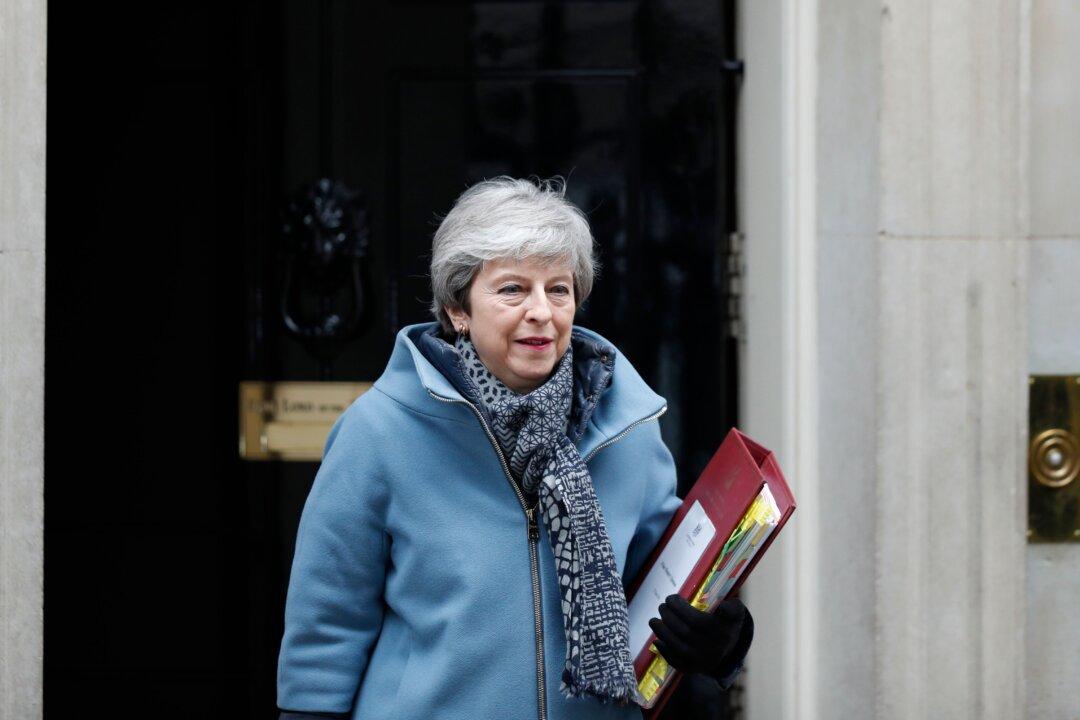LONDON—The board that monitors Britain’s use of communications technology made by Chinese company Huawei has said that it can only give “limited assurance” that it poses no threat to national security.
The report from the Huawei Cyber Security Evaluation Centre (HCSEC) has downgraded previous assessments that said any risks from the Chinese company were “sufficiently mitigated.”




